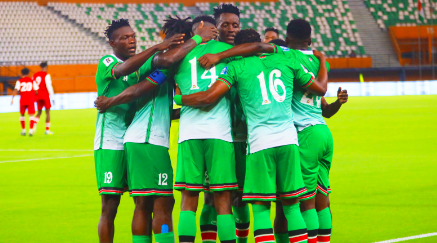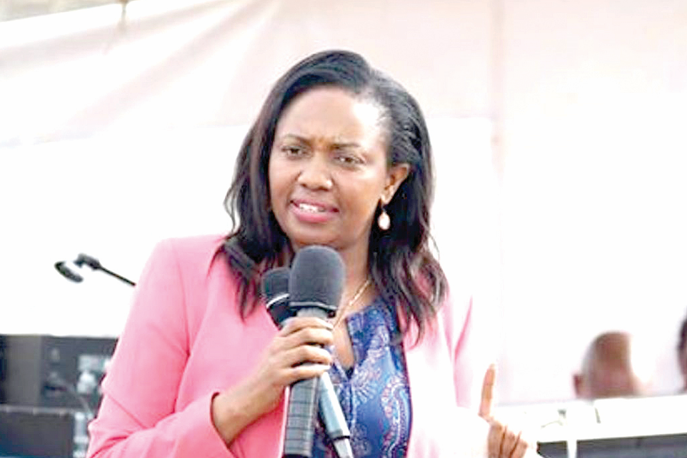What Kenya must do to change football fortunes

Very entertaining high-definition, sassy and flowing football is on display in the West African country of Cote D’Ivoire’ (formerly Ivory Coast) where the 34th edition of the Africa Cup of Nations (AFCON) is hosted.
The first round of the event ends today, leaving 16 countries to proceed with the knock-out stages that will lead to the finals on February 11.
Though only half the fixtures have been played, one unmistakable revelation in this tournament is the high level of sportsmanship being exhibited in the various cities in the cocoa-growing nation.
From the immaculate organisation by the local organising committee in conjunction with the Confederation of African Football (CAF) to top-quality refereeing and scintillating execution on the pitch by the players, the tournament is a great attraction to both the eye and the mind.
It is a great performance indeed and I have no doubt monitors will find it the greatest AFCON ever.
Going forward, the top-notch CAF leadership and the continent’s political infrastructure will need to find time and reason to converge and converse on the future social and economic relevance of this sporting bonanza.
AFCON is a magnificent marketing platform for the diverse cultures and trade around the continent but which, unfortunately, has not been fully exploited.
It is time for that, especially in the wake of the African Confederation of Free Trade pacts.
Africa today has a substantial number of leaders who are not only business-minded but are also sports enthusiasts.
Leaders such as President William Ruto, Paul Kagame of Rwanda, Ethiopia’s Prime Minister Abiy Ahmed, Azali Assoumani of the Comoros, Lazarus Chakwera of Malawi and Samia Suluhu of Tanzania can be advised to have a cup of coffee with the CAF stalwarts on the final day of this year’s AFCON in Abidjan and seek to chart a new path for the continental showpiece in terms of unifying the people of Africa and enhancing trade among them. It is just time for this.
However, even as the tournament enters its next stage tomorrow, it is vital that we reflect on Kenya’s sour state of affairs in so far as the good game is concerned.
The quality of football currently on exhibition in Cote D’Ivoire cannot be compared to Kenya’s.
From all angles, for more than two decades now, Kenya’s football is of very low quality and an eyesore to watch. This has discouraged fans from the stadiums, giving fillip for a liking of European leagues instead.
The quality of soccer displayed by neighbours Tanzania, Zambia, Mozambique and even sparsely populated countries like Cape Verde and Namibia at the AFCON is far much superior to what we are treated to here at home.
Our primary and secondary schools have proved capable of showcasing football of higher quality than that of the national team, Harambee Stars and clubs in both the Kenya Premier League and National Super League.
This was best exemplified during the East African School Games in Kakamega last year at which stadium attendance was full for the entire two weeks.
Countries such as Mali, Mauritania and Burkina Faso, who have a myriad of challenges ranging from insecurity, hostile weather, infrastructure and governance, still deliver football of international ratings.
Since assuming office slightly over a year ago, Sports Cabinet Secretary Ababu Namwamba has tried to streamline the docket.
The challenges are many and tough. They require time. But those in football are urgent and very imperative.
Management of Kenyan football is crucial. The Football Kenya Federation (FKF) is gearing towards and an election as the tenure of the incumbent team led by its president Nick Mwendwa comes to an end.
That is where it must all begin.
We need to have the right people in FKF to oversee the changes we all desire in football. We have soaked and sucked shame and embarrassment on soccer fields for too long. That must stop.
— The writer is the Revise Editor, People Daily —kwayeram@yahoo.co.uk












